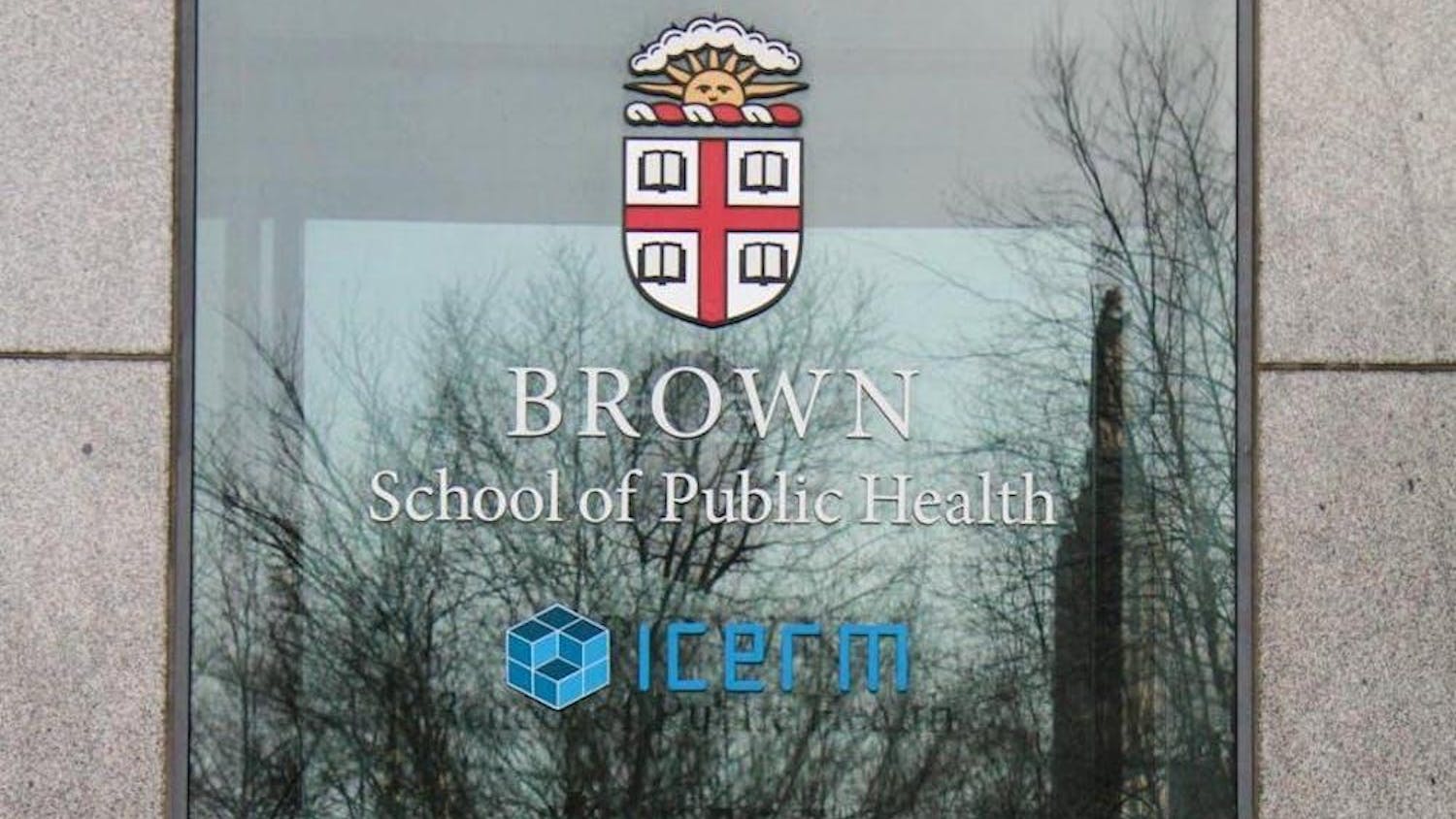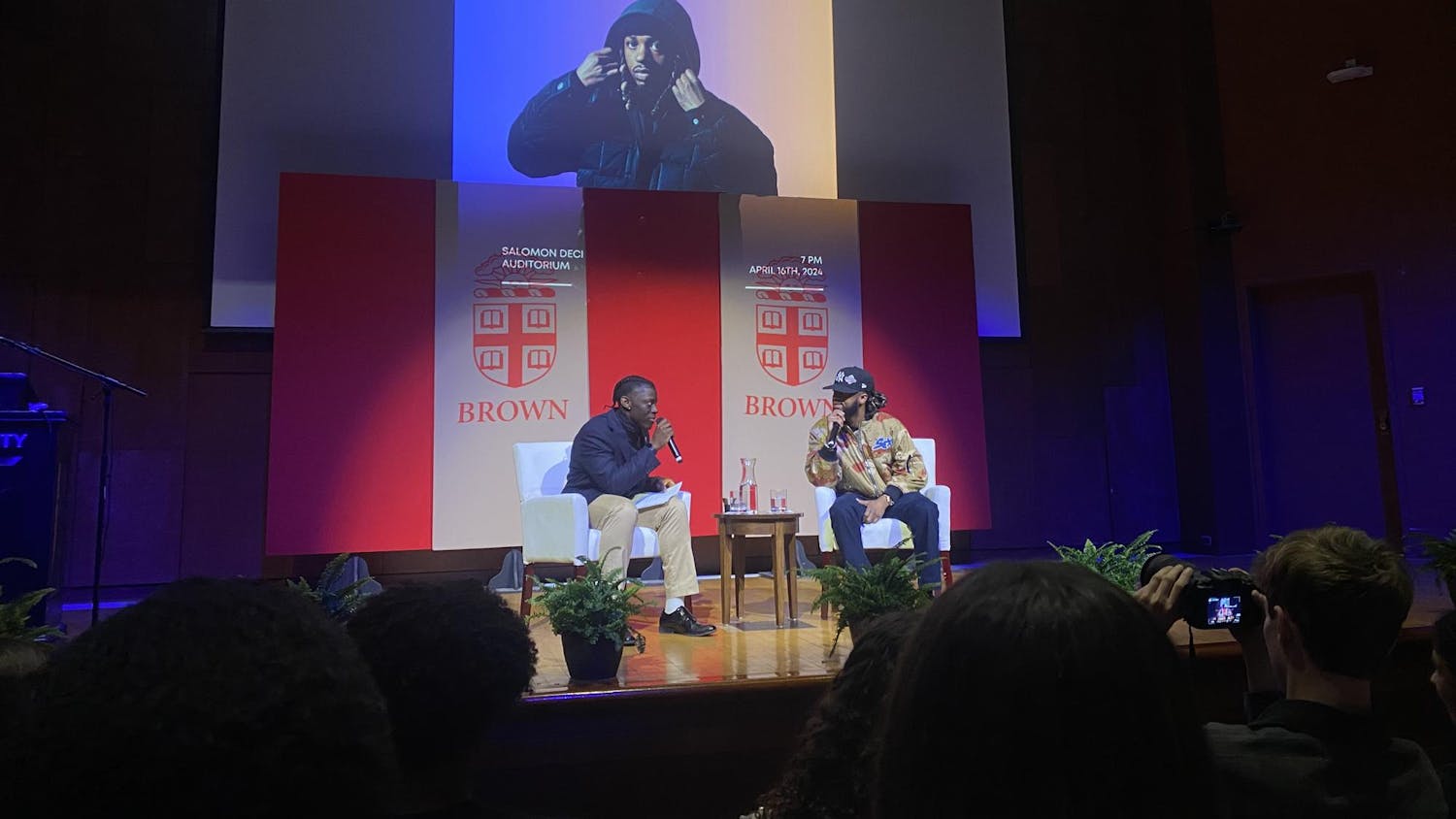The Supreme Court heard arguments for the case Kirtsaeng v. John Wiley and Sons, which centers on the issue of whether international copyrighted works can be bought and sold in the United States without the owner's consent, last Monday. Depending on the decision the court reaches, students may no longer be able to resell international editions of their textbooks.
In 1997, Supap Kirtsaeng came to the United States from Thailand to study mathematics. In order to pay for his tuition, he sold textbooks, some of which were published by Wiley, on eBay. Kirtsaeng had obtained the textbooks from Thailand, where his family had bought them and shipped them to the United States. Kirtsaeng collected between $900,000 and $1.2 million in revenue, according to court documents.
Wiley sued Kirtsaeng in 2008 and won the copyright infringement lawsuit. After Kirtsaeng's appeal to the Second Circuit, the case landed in front of the Supreme Court.
Under the first sale doctrine, individuals can sell copyrighted works "lawfully made under" U.S. copyright law without the copyright owner's permission. But a separate provision prohibits copyrighted works from being imported into the United States "without the authority of the owner of copyright."
Justices in a similar case in 2010, Costco Wholesale Corp. v. Omega S.A., could not answer the question of whether copyright laws in the United States applied to items manufactured overseas after the vote was split 4-4.
International editions of textbooks are often cheaper than American editions due to differences in the countries' economies.
"I sometimes get international versions (of textbooks) because they're cheaper," wrote Nihaal Mehta '14 in an email to The Herald. Most of Mehta's international purchases were for introductory courses, such as CHEM 0330: "Equilibrium, Rate and Structure" and ECON 0110: "Principles of Economics."
International editions often have the same material as American editions but differently numbered problems.
"I think the questions in the back of the chapters might have been different, so some students might have done the wrong homework a few times," wrote Rachel Friedberg, senior lecturer in the economics department, in an email to The Herald. Friedberg said some of her students have purchased international textbooks in the past.
Alex Swanson '16 saved about $150 buying an international textbook for chemistry, but she did not realize that the problem numbers would be different. "I think I'll try to sell it to my friend, but probably not for profit since the question numbers aren't even right," she said.
Online businesses such as eBay or Amazon often obtain products manufactured outside of the United States and sell them for a lower price, and the Supreme Court's decision may threaten their sales.
The Brown Bookstore is not allowed to buy international editions of textbooks through its buyback program. "We do see a few international editions come through, but we're not allowed, by law, to buy them back. I don't offer any price," said Mike McDade, the bookstore's textbook department manager.
Steven Souza, director of the Brown Bookstore, said the Supreme Court's decision will not affect the business. The number of students who buy international editions and also frequent the bookstore "is very limited," he said.
The case could also affect the sale of foreign movies, books and music. The Supreme Court will make its final decision by June.




